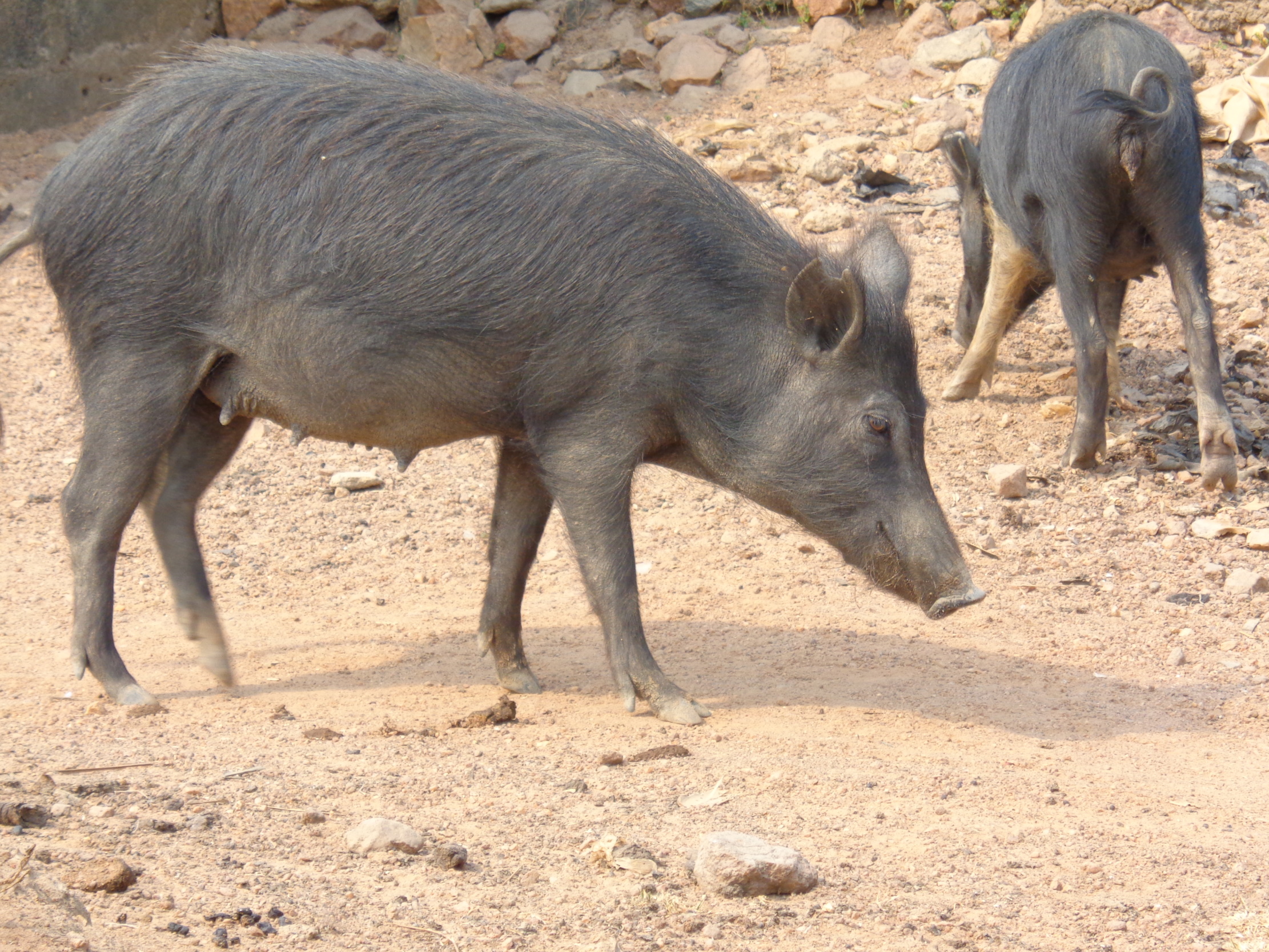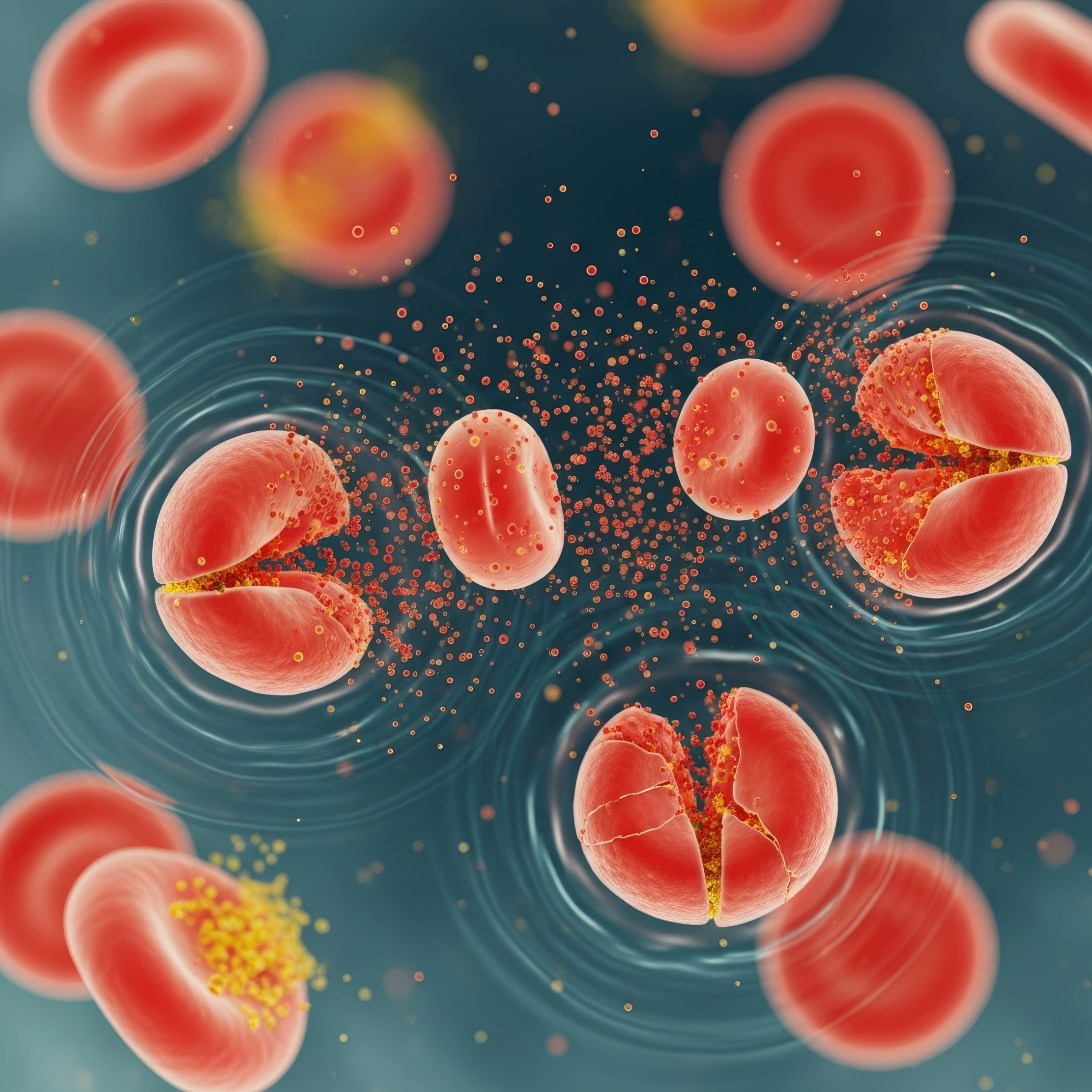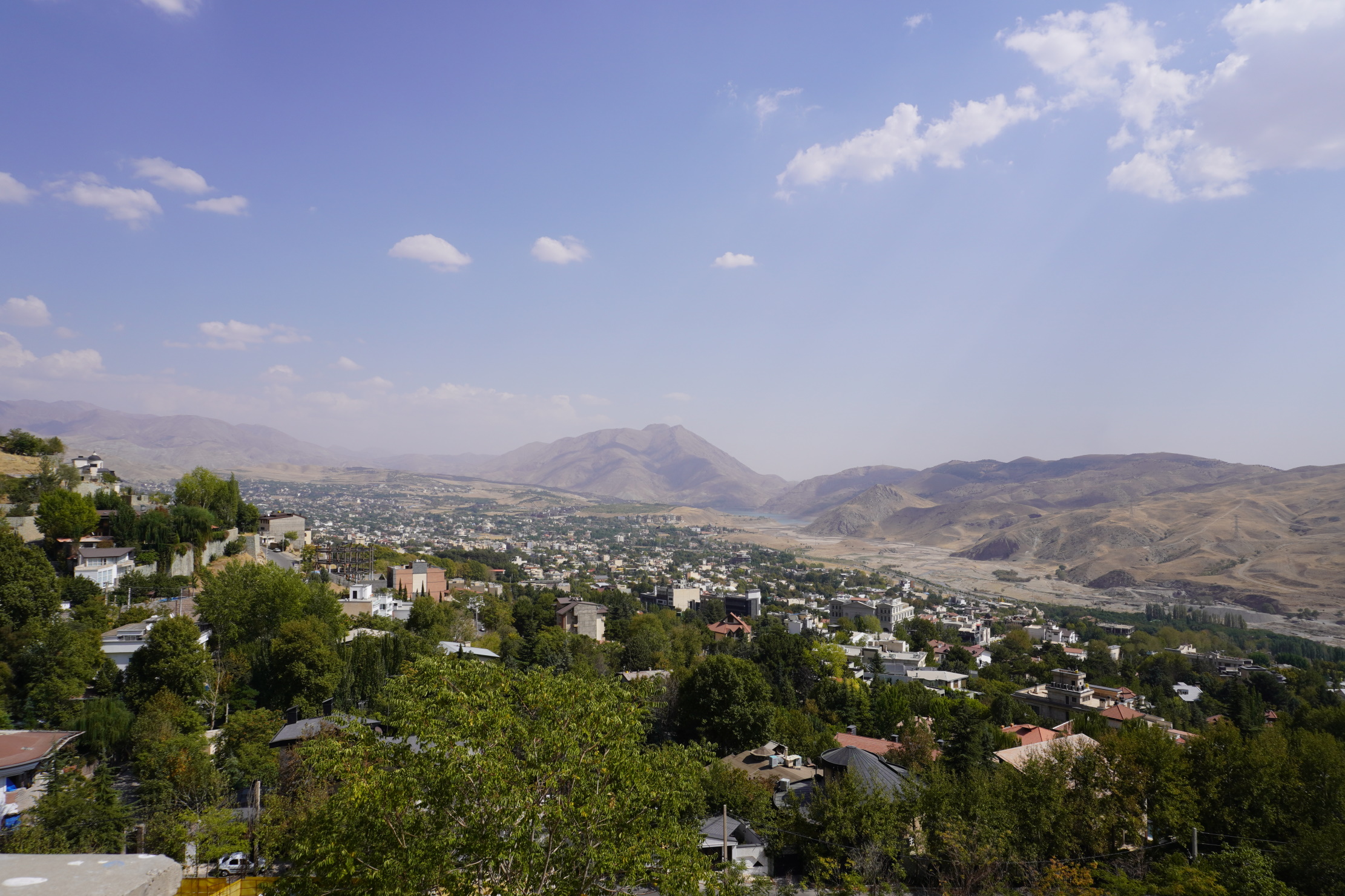AudioPod
About this episode
Cowpea is an extremely versatile food crop. Packed with high-quality protein, it has become a staple legume in many households in Africa, where it is indigenous. Cowpea also cycles nutrients back into the soil, supporting sustainable farming and healthy ecological networks. However, the production of this sustainable crop faces many hurdles, including drought, pesticide use, and declining soil quality. In a recent review, Professor Olubukola Oluranti Babalola of North-West University in South Africa outlines the issues facing cowpea production and highlights potential solutions.
Original Article Reference
This SciPod is a summary of the paper ‘Constraints and Prospects of Improving Cowpea Productivity to Ensure Food, Nutritional Security and Environmental Sustainability’ from Frontiers in Plant Science. doi.org/10.3389/fpls.2021.751731
This work is licensed under a Creative Commons Attribution 4.0 International License. 
What does this mean?
Share: You can copy and redistribute the material in any medium or format
Adapt: You can change, and build upon the material for any purpose, even commercially.
Credit: You must give appropriate credit, provide a link to the license, and indicate if changes were made.






